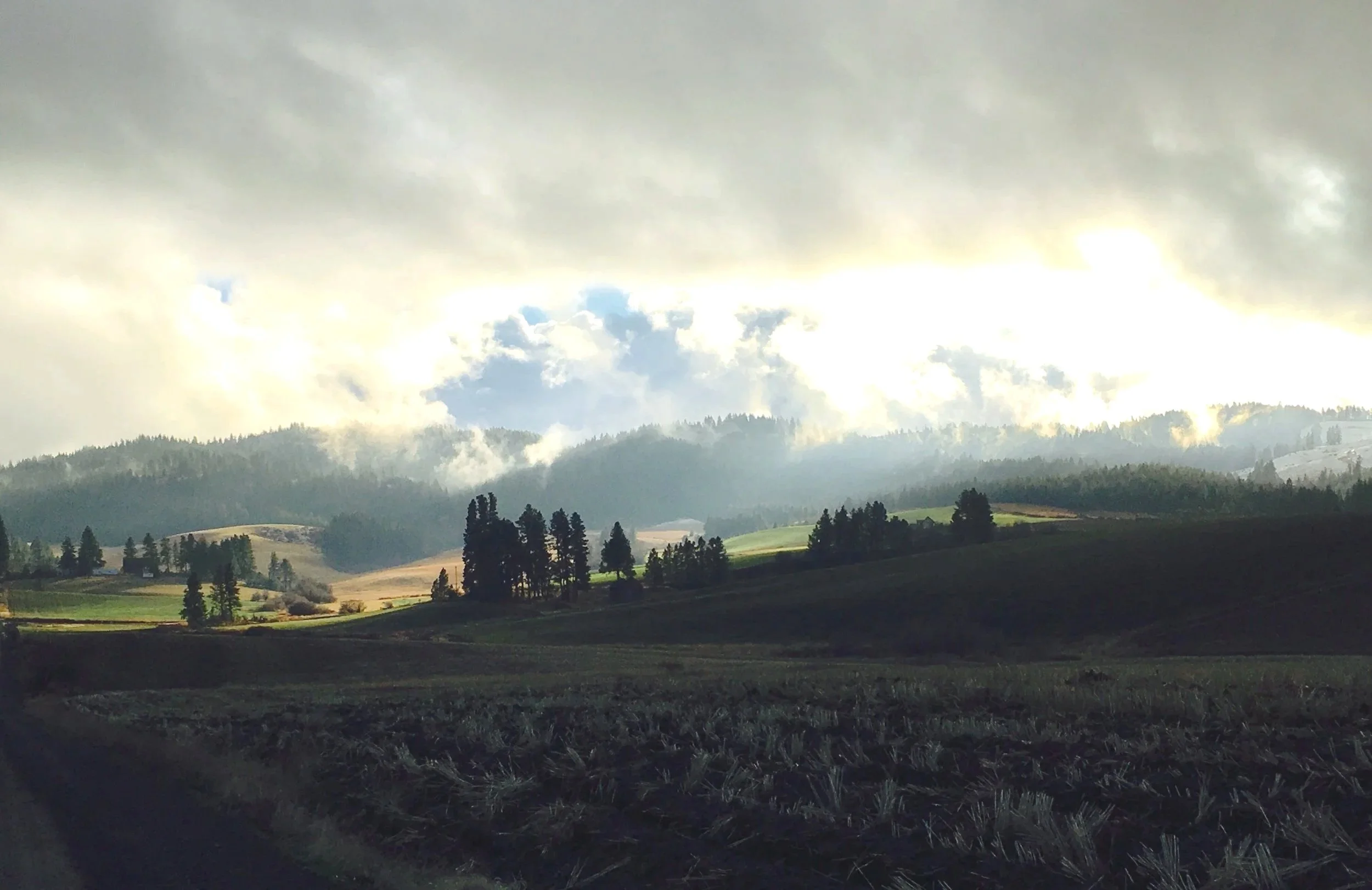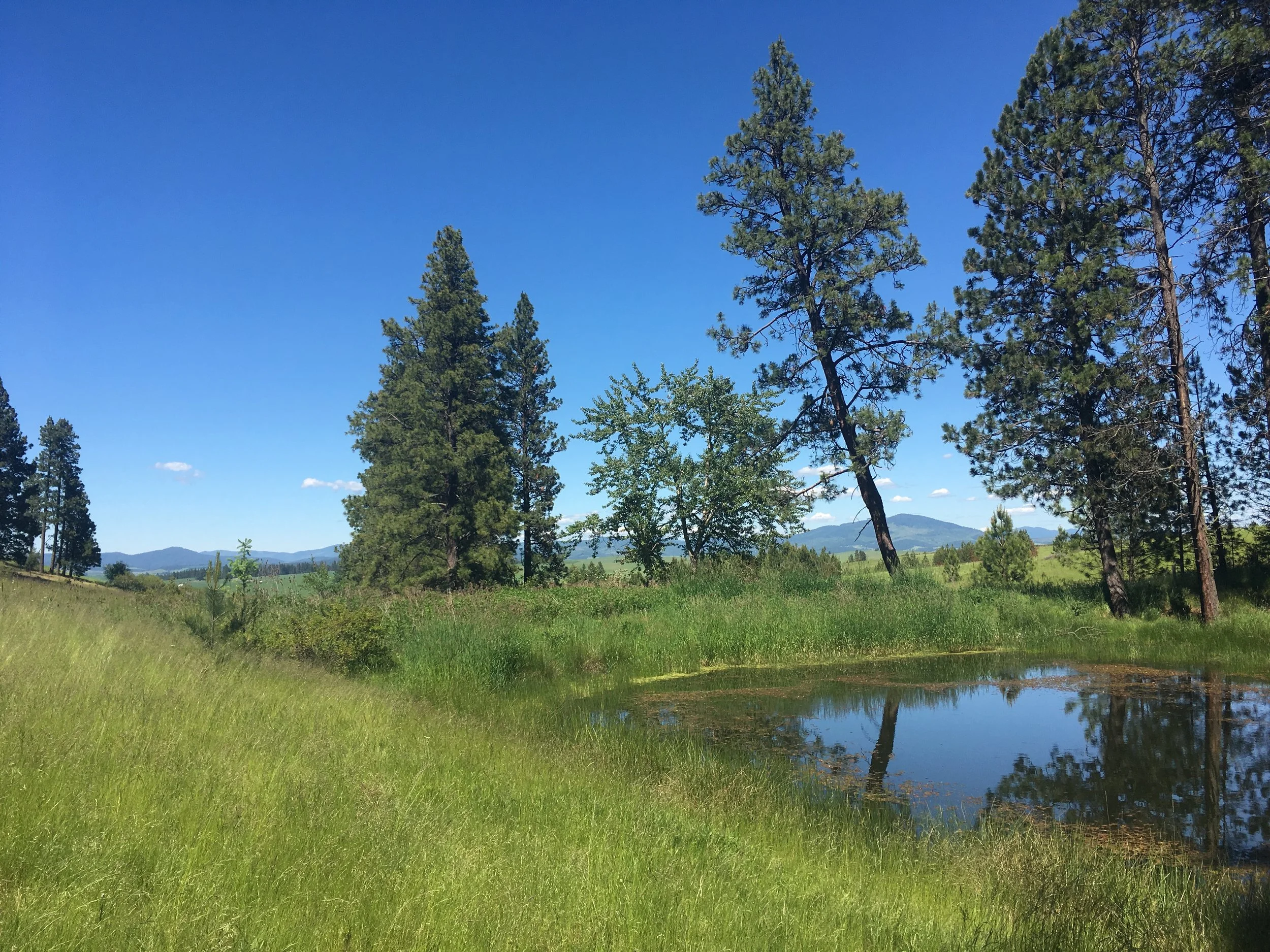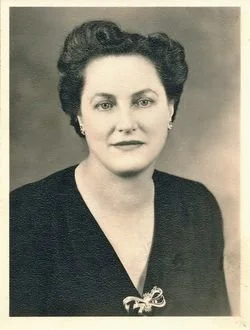Aunt Dode’s
A Legacy of History and heritage
Tucked into the hills between Viola and Potlatch lies a quiet piece of Idaho history—93 acres of forest, meadow, and memory now forever protected thanks to you. This land, known affectionately as Aunt Dode’s, holds a story as enduring as the trees and fields that watch over it.
Adolph Hansen and his brother were Scandinavian sailors who, after years at sea, found their harbor here in Idaho in the late 1800s. They built two homes on the original 160-acre homestead—one for each family—and shared the land with their children and, eventually, their grandniece after her mother passed away.
In 1946, the Hansen homestead passed to the Hollen Family. Dorothy “Aunt Dode” Hollen, a beloved teacher at the Viola School, turned this land into a learning landscape where the boys learned to bake bread at her side, while the girls played high up in the treehouse out back.
Though Nancy, the current landowner, has called this place home for over 40+ years, it’s still known around the area as Aunt Dode’s place. In honoring that name, this conservation easement not only protects land—it preserves the stories that have rooted here for generations.
Dorthea “Dode” Hollen
1901 - 1993
Dorothea “Aunt Dode” Hollen (née Chaney) was born in 1901 on Chaney Hill, just a few miles east of Viola. A lifelong resident of Latah County, she grew up in the Viola area, completed her early education locally, and graduated from Clarkston High School.
After earning her teaching certificate from Lewiston State Normal School, she married Nolen “Mull” Hollen and spent her life farming, raising a family, and nurturing the communities she loved.
A dedicated educator, Aunt Dode taught in several country schools—including Flannigan Creek, Mountain Gem, Marbell, and Viola—and later served as a dormitory dietitian at the University of Idaho. She was a proud member of the Palouse Valley Club, the Will Do Club, and the Kennedy Ford Grange No. 177.
Thanks to your support, and that of the Cross Charitable Foundation, this cherished landscape is now permanently safeguarded. Your gifts make it possible for rich rural legacies like Aunt Dode’s to live on—not just in memory, but in meadows, forests, and future generations of children who will grow up knowing that this land is protected, thanks to people like you.




